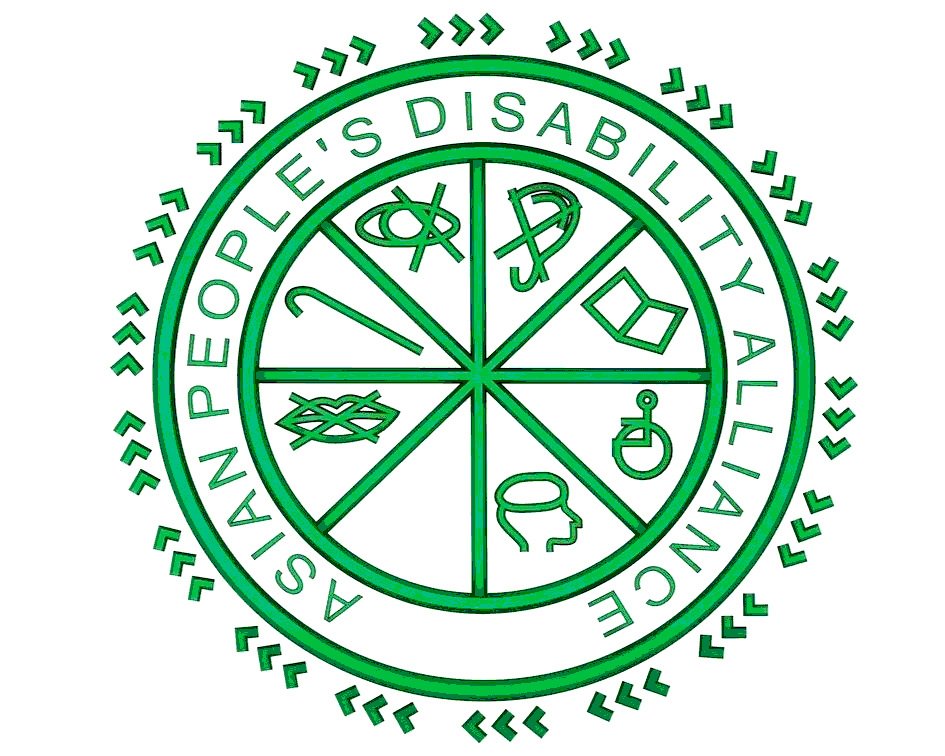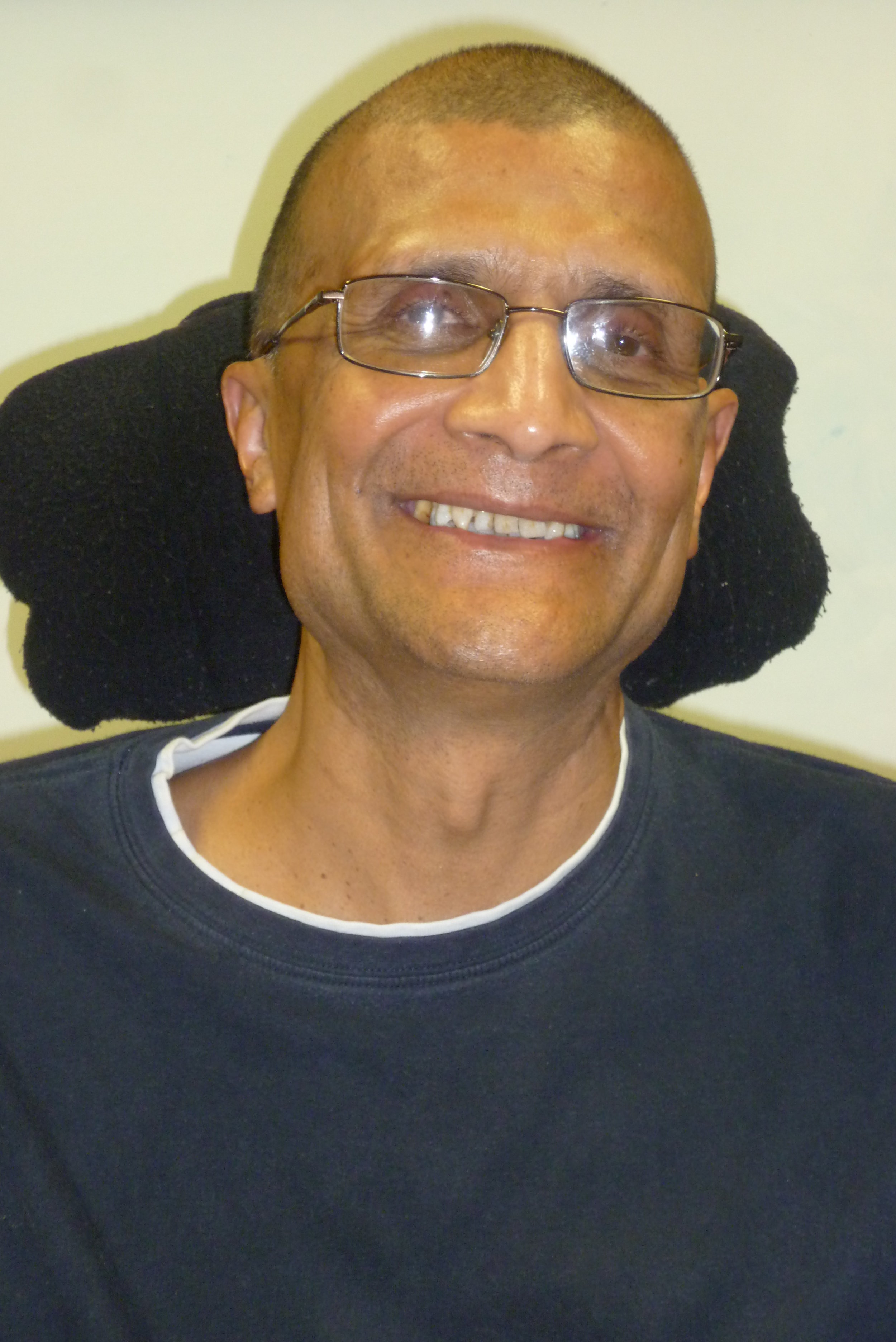UN 57th Session of the Commission for Social Development- Part 1
February in New York is far from ideal – it’s bitterly cold – but that’s when the UN’s 57th Session of the Commission for Social Development was held. The Commission is the advisory body responsible for the social development pillar of global development.
The priority theme for 2109 was ‘Addressing inequalities and challenges to social inclusion through fiscal, wage and social protection policies’.
Since 2007 APDA has had ‘special consultative status’ with the Commission, one of a number of NGOs (non-governmental bodies) across the world to have this prestigious status because of valuable work nationally and internationally.
Pradip Shah (our Chair), two carers and a staff member made the trip to contribute to the discussions and advocate for the rights of disabled people generally. Notably, APDA was in a minority of NGOs that delivers frontline support services as well as performing advocacy and advisory functions and therefore could speak from the authoritative position of ‘lived experience’.
Pradip’s ‘journey’ to New York and back – from travel logistics to everyday issues – was not only an object lessons on the barriers to independence faced by disabled people but also a great example of what can be achieved by society making reasonable adjustments and people showing simple goodwill. Having said that, the seeming lack of fully accessible facilities and poor signage in the UN building was a distraction from more important social inclusion issues, a point we forcibly made to the UN in open forum.
We made our presence felt. People listened to Pradip, not just because he obviously spoke from lived experience but also because of the cogency of what he said. He represented the position of all disabled people in the UK, not just London’s Asian community that APDA specifically supports with it culturally sensitive day care and homecare.
Below is a link to the UN’s TV channel. We particularly recommend the Civil Society Forum where the UK’s recent record on social protection, specifically Universal Credit/impact on women, came in for cogent criticism! Two interesting opinions were put forward by Philip Alston, Special Rapporteur on extreme poverty and human rights, UN Human Rights Council, Professor of Law at New York University: (a) that austerity had become an ideology, and (b) that if you asked a group of misogynists what changes they would like to Universal Credit, they would answer ‘not many’ – worrying thoughts! (You need to go 34 minutes into the video for the keynote address.)

